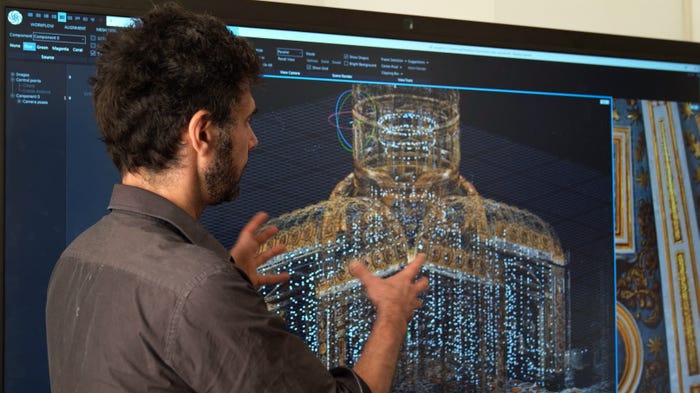ChatGPT-Powered Robots Build Better Human Connections
Study finds robots using large language models to express emotion evoke a more positive human response

A new study has shown robots equipped with ChatGPT to enable more emotionally expressive responses are perceived as more likable, trustworthy and capable of establishing better connections.
The team from the Max Planck Institute for Psycholinguistics deployed ChatGPT in robot assistants and monitored human participants’ responses to them while playing a card sorting game.
In the game, participants had to categorize a series of images based on the emotion they evoked. At the same time, the robot provided feedback using facial expressions, tested under three conditions: the robot’s facial expressions matched a user’s predicted emotions, the expressions contrasted with the expected emotions and the robot remained neutral throughout the exercise.
The study found that when the robot displayed an appropriate emotional response to the context, the human participants reported a more positive experience, and performed better in the task.
“We used GPT-3.5 to predict the emotion of a robot’s turn in real-time, using the dialogue history of the ongoing conversation,” the team wrote. “It was found that the robot expressing… facial emotion expressions were perceived to be significantly more human-like, emotionally appropriate and elicit a more positive impression.”
The study's findings could guide future robotic advancements, enhancing human-robot interactions for caregiving tasks like therapy, companionship and customer service.
Developing robots that can accurately interpret emotions, and respond in kind, is an ongoing challenge for innovators as robots see increased uptake in service and domestic settings.
“As language models and robotics technologies continue to evolve, our work contributes to the broader pursuit of creating more empathetic, socially aware and emotionally connected robots that seamlessly integrate into human environments, ultimately enhancing our everyday lives,” the authors wrote.
About the Author
You May Also Like







.jpg?width=300&auto=webp&quality=80&disable=upscale)
